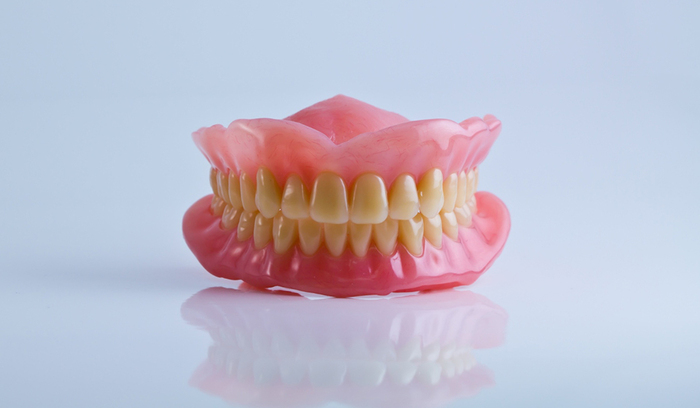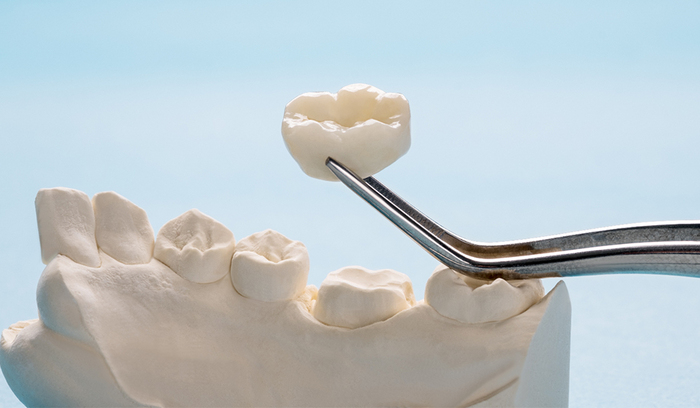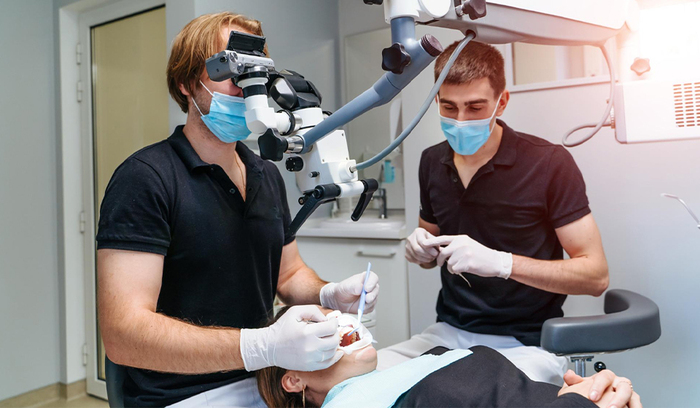A bright, confident smile can be life-changing. It’s often the first thing people notice, making it an essential part of a great first impression. If your teeth have lost their natural whiteness due to coffee, tea, red wine, smoking, or aging, professional teeth whitening may be the perfect solution. Teeth whitening in Houston is one of the most popular cosmetic dental treatments, helping patients achieve stunning results quickly and safely. But is it right for you? Let’s explore everything you need to know.
What is Teeth Whitening
Teeth whitening is a cosmetic dental procedure designed to remove stains and discoloration from the enamel and restore the teeth to a whiter shade. It is a non-invasive, pain-free process that can dramatically enhance the appearance of your smile.
There are different methods available, including:
- Professional In-Office Whitening – The most effective and safest option, performed by a dentist.
- Take-Home Whitening Kits – Custom trays with whitening gel that gradually brighten teeth over a few weeks.
- Over-the-Counter Products – Whitening toothpaste, strips, and gels that provide mild results but may take longer.
Why Do Teeth Stain
Discoloration can happen for various reasons, including:
- Food & Beverages: Coffee, tea, soda, red wine, and certain foods stain teeth over time.
- Smoking & Tobacco Use: Nicotine and tar create deep stains that are difficult to remove.
- Aging: The enamel naturally wears down, revealing the yellowish dentin underneath.
- Poor Oral Hygiene: Inadequate brushing and flossing lead to plaque buildup, causing teeth to look dull.
- Medications: Certain antibiotics, like tetracycline, can cause deep intrinsic stains.
Professional Teeth Whitening vs. At-Home Kits
While there are numerous teeth whitening options, not all produce the same results. Here’s how professional whitening compares to over-the-counter methods:
Professional Teeth Whitening
- Performed by a dentist in Houston for optimal safety.
- Uses higher-concentration bleaching agents for faster, more noticeable results.
- Custom treatment ensures even whitening with minimal sensitivity.
- Results last longer with proper maintenance.
At-Home Whitening Kits
- Lower concentration of whitening agents means slower results.
- One-size-fits-all trays or strips may cause uneven whitening.
- Overuse can lead to increased tooth sensitivity and gum irritation.
- Results are less dramatic and require frequent touch-ups.
Is Teeth Whitening Safe
Yes! When performed by professionals, teeth whitening is completely safe and effective. The key is choosing the right method and following proper guidelines. At Unident Dentistry, we ensure minimal discomfort and long-lasting results using the latest whitening technology.
However, it may not be suitable for:
- People with severe tooth sensitivity
- Those with gum disease or cavities
- Patients with dental restorations like crowns or veneers (which do not whiten)
A consultation with a dental professional will help determine if you’re a good candidate for whitening.
What to Expect During a Professional Teeth Whitening Treatment
If you choose professional whitening, here’s what happens during the procedure:
- Consultation & Shade Selection – Your dentist will assess your teeth and select the ideal shade.
- Teeth Cleaning – Any plaque or tartar is removed to ensure even whitening.
- Protecting the Gums – A barrier is applied to shield gums from irritation.
- Whitening Gel Application – A powerful bleaching agent is applied and activated with a special light.
- Multiple Rounds for Maximum Brightness – The process is repeated until the desired shade is achieved.
- Post-Treatment Care & Sensitivity Management – Your dentist will provide aftercare instructions to maintain your results.
How Long Do Teeth Whitening Results Last
The longevity of your results depends on your habits and oral hygiene. On average, professional whitening lasts 6 months to 3 years. To keep your teeth white for as long as possible:
- Avoid stain-causing foods and drinks (or use a straw to minimize contact).
- Brush and floss regularly to prevent plaque buildup.
- Use a whitening toothpaste to maintain brightness.
- Schedule touch-ups as needed with your dentist.
Ready to Transform Your Smile
A radiant, white smile can boost confidence, enhance your appearance, and leave a lasting impression. If you’re considering teeth whitening in Houston, professional treatment offers the best, safest, and most effective results. Don’t let stains hold you back—schedule your whitening session today and unveil a brighter smile!
At Unident Family Dentistry in Houston, we are committed to delivering top-quality care with a gentle touch. Contact us to book an appointment and take the first step toward your dream smile!










